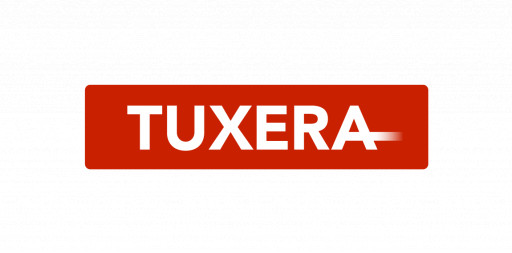NEW YORK, February 23, 2023 (Newswire.com) - iQuanti: Perhaps you are feeling a bit stagnant in your job—maybe your daily tasks are not as exciting as they used to be, or you are ready for more of a challenge. If so, it might be time to figure out how to advance your career. This could be anything from trying for a promotion, learning more skills, or leaving one company for another. No matter what the next step means for you, it is important to plan and strategize so that you set yourself up for success.
Set goals
Thinking about the next phase of your career can be a good time to set and reassess your long- and short-term goals. What do you want to achieve that will help make you ready for this role? What have you already achieved? At what point do you want to have a new role?
Remember, short-term goals are typically anything that can be accomplished within a few weeks to a couple of years and can include things like specific projects, quantitative benchmarks, or learning and education goals. Long-term goals will take more time to achieve and typically involve accomplishing many short-term goals along the way.
Know what's ahead
It can be beneficial to know as much as possible about what the next step in your career entails. Knowing what the job involves can also help prepare you for interviews and can give you a better understanding of whether this trajectory is something you will enjoy and will fit into your goals and work-life balance.
If you're not sure where to start, you may want to meet with your manager to discuss what additional work would be required for a promotion. This may give you a glimpse into what the role requires while also allowing you to take on some of the responsibilities. You can also reach out to people at other companies to connect and even set up informational interviews. Talking to these people can expand your network and give you knowledge of the day-to-day tasks the roles require.
Reach out to your network
Don't be afraid to put yourself out there. Most people are happy to discuss your career goals or even keep an eye out for any opportunities—after all, you'd do the same for them. If you're not sure where to start, you may want to set up coffee with old colleagues and contacts to check in and let them know you're looking. You may also want to try attending some networking events to meet fresh contacts.
Understand what you bring to the table
AKA know your worth. If you have not already done so, a helpful tool is to create a document that lists all the tasks you accomplish within your job as well as any achievements. This can include everyday responsibilities, any extra work you took on, any improvements you made, or anything that feels particularly noteworthy. If you have any special or in-demand skills, be sure to include those as well. Having this information at your fingertips will be incredibly helpful when writing cover letters, updating your résumé and interviewing.
Take stock of your finances
Planning for a career move is a great time to look at, and potentially re-evaluate, your finances. Look at your current budget and make sure you are considering any additional expenses this shift might require, such as travel, additional childcare, or training costs. You will also have to see what current benefits you can take with you or which you will need to replace and when.
While you are in the process of reassessing your finances and thinking about the future, it might be a good time to consider a permanent life insurance policy, like whole life insurance. Permanent life insurance policies accumulate cash value and offer a guaranteed death benefit, which can help you ensure a legacy.
Contact Information:Keyonda Goosby
Public Relations Specialist
[email protected]
(201) 633-2125
Original Source: Getting Ready for the Next Phase of Your Career













